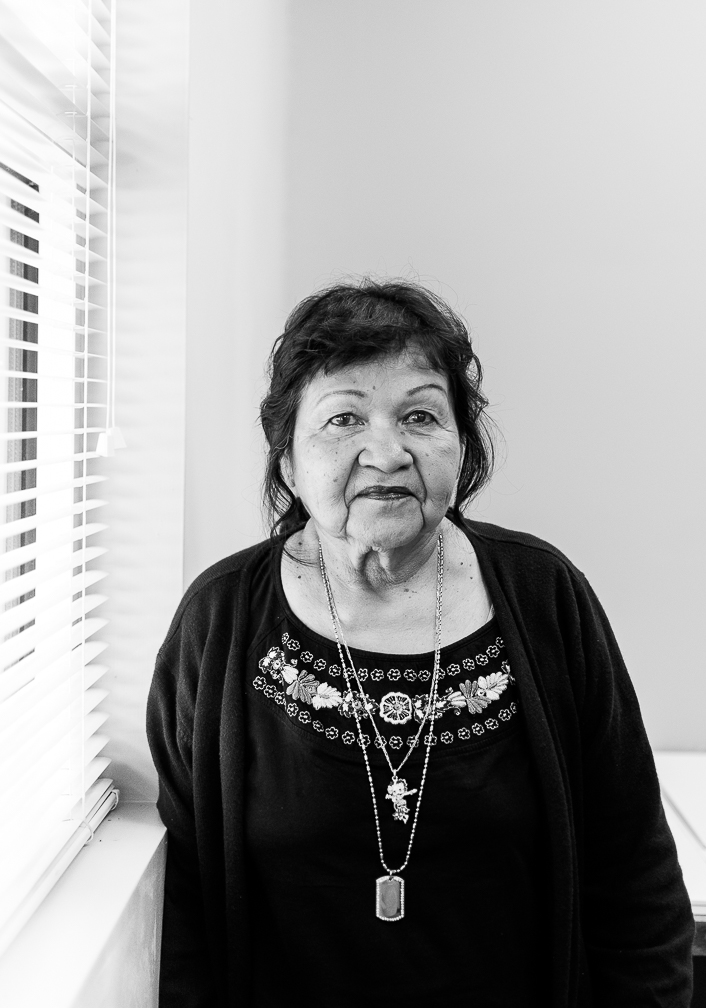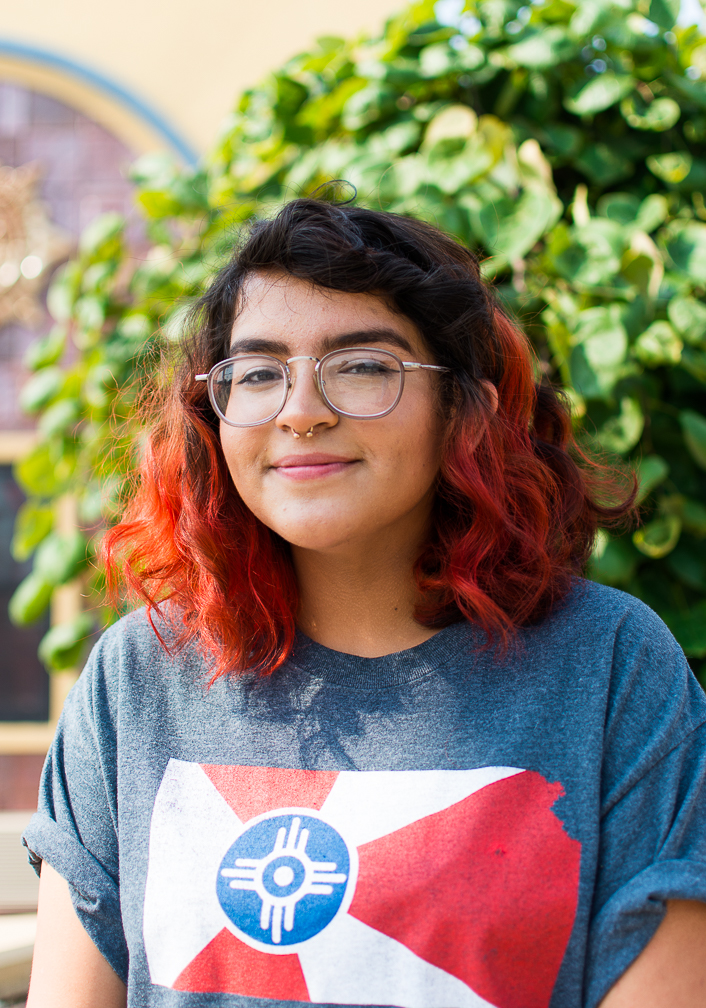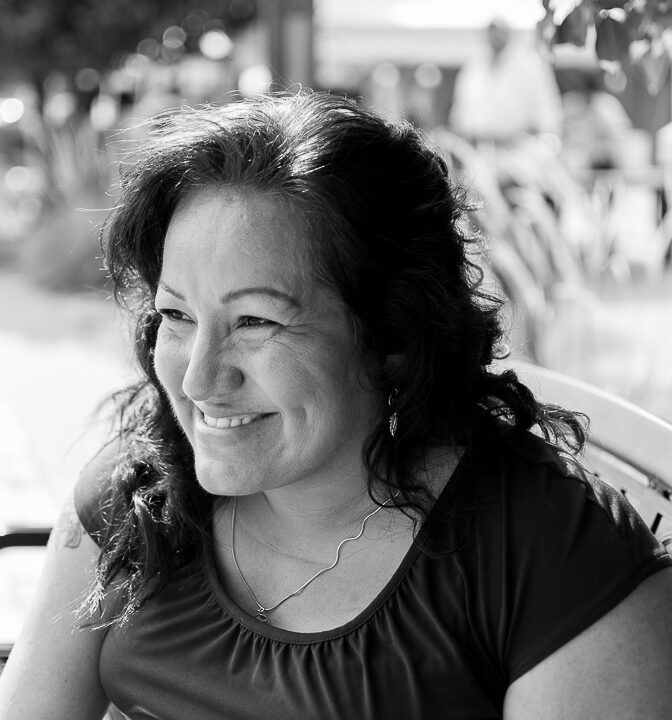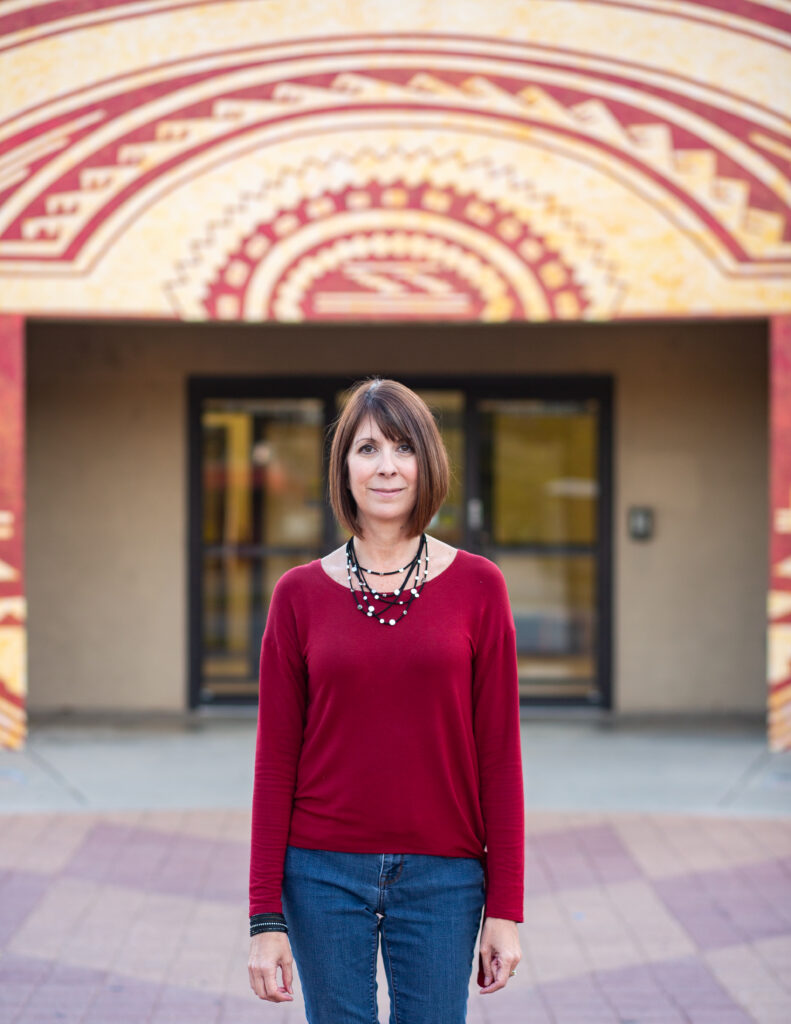The humanities feed our souls. We find value and strength in stories and in how we use language to name our experiences.
The humanities feed our souls. We find value and strength in stories and in how we use language to name our experiences.
“We look for connections with the past and meet people whose stories enlarge our own. We express our history in pageants, music, art, and dance. In doing all this we experience community. Consequently, the humanities consultant will be involved in helping to identify the questions to be asked in canvassing and in sorting through the data and stories collected to identify threads that need to be amplified and included in the written report.”
“This project pulls community people into the process of recalling and claiming their history and preserving it in murals and art work as well as in film and an exhibit that can be borrowed for use in the schools of the neighborhoods. Multiple organizations are ready to work with Horizontes which has already been networking with the Evergreen Community Center, the Dunbar Theater group, entrepreneurship expert Dr. Robert Weems and others at Wichita State University who are local history experts, notably Dr. Jay Price.”


Everyone knew each other. We were all very close. If we didn’t know each other personally, our parents knew us or parents, the adults knew us, who we were, because the majority of people that we were neighbors with and friends with and family with, worked at Cudahy Packing House. And especially the men, a lot of the men worked there and they walked to work. The women also worked there. I think that could be one of the reasons, one of the small reasons, that I got interested in going to college, was because the people that work at Cudahy they would compare their children with other children. “Well, my daughter or my son is going to college, what’s your daughter doing?” Because I remember one time my father came home and said, “You should see one of the kids that goes to… It’s going to college.” And I said, “Well, what about him?” He says, “Well, instead of talking to everyone, he’s always studying during the summer,” he would get a job at Cudahy because his parents worked there. And so those kinds of things, examples, stick in your mind, like, “Wow, they’re going to college. Maybe I should be going or maybe I can go.” So, I did and I happened to be the first female in our family to attend college.


